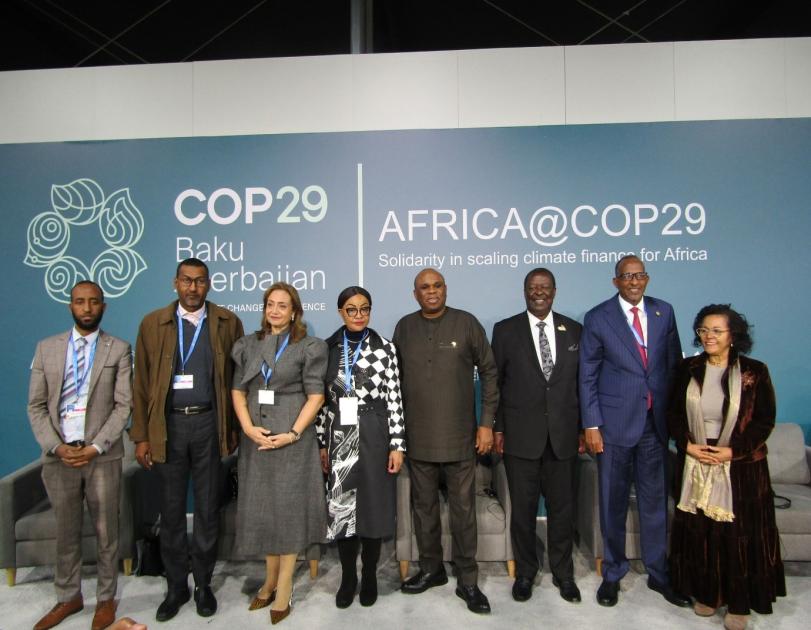Department Resources
January 01, 2025
Supply Chain Management Division Operations Support Services Directorate
Addis Ababa, Ethiopia
August 17, 2024
The close of the last decade saw a heightened concern by the global community around the triple planetary crisis of biodiversity loss, cl
May 13, 2024
September 19, 2020
The African Union Commission (AUC) envisions “an integrated continent that is politically united based on the ideals of Pan Africanism an
June 24, 2020
Highlights of the cooperation with the GIZ-project “Support to the African Union on Migration and Displacement”
June 24, 2020
Violent extremism is a global issue.
April 30, 2025
February 10, 2022
Agenda 2063 is Africa’s development blueprint to achieve inclusive and sustainable socio-economic development over a 50-year period.
April 17, 2025
April 11, 2025


